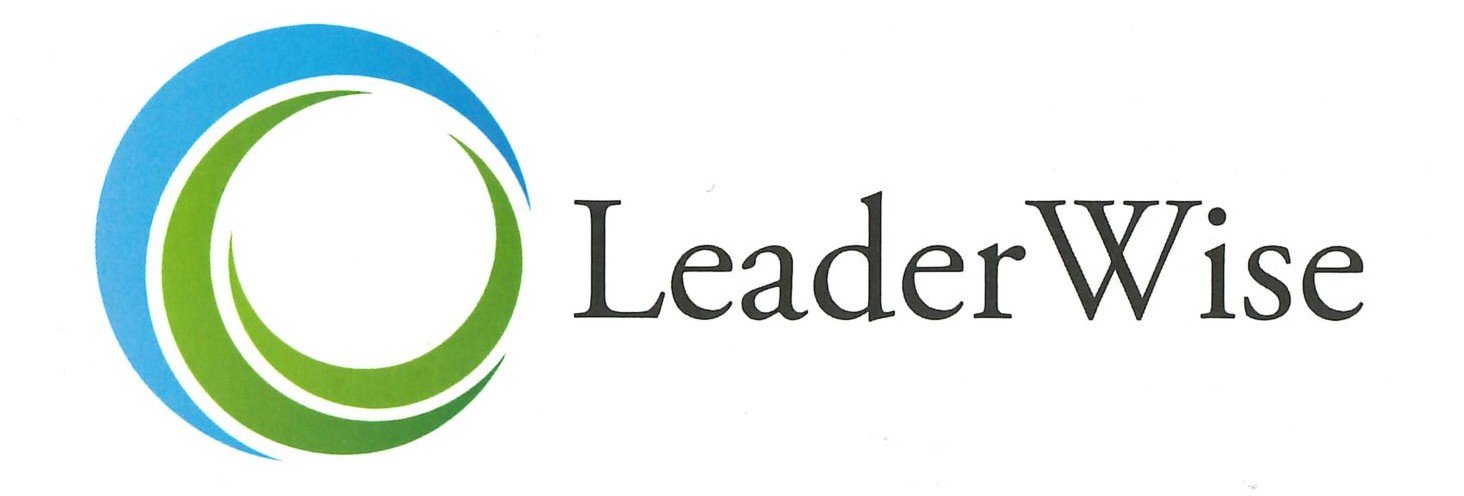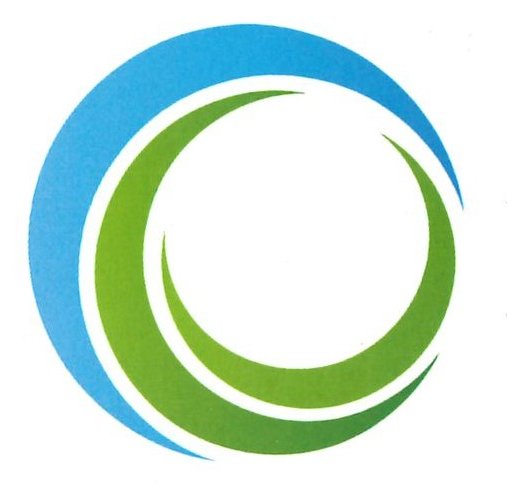Courageous Leadership for Our Time
By emilie boggis with Mary Kay DuChene.
A lot of people come through LeaderWise’s doors seeking assessments in vocational discernment and leadership. As I learned yet again last month, doing so is an act of courage.
Way back in December 2020, when we were still in the throes of the COVID-19 lock-down awaiting vaccines, LeaderWise published an article by one of our co-directors, Mary Kay DuChene, titled “The Intersection of Courage, Vulnerability and Self-Awareness.” In a time of radical change, leaders of all stripes were asked not only to envision their organizations in this new uncertain world but also to build the plane as they were learning to fly it. Mary Kay wrote, “There’s a lot that goes into being an effective adaptive leader. I’ve been thinking particularly about 3 competencies: courage, vulnerability, and self-awareness. Imagine a Venn Diagram where the contents of these three competencies intersect.” It is when we can engage these three competencies, Mary Kay posited, that transformation occurs.
Last month I put that theory to the test.
Vulnerability. Preparing to lead a workshop on Emotional Intelligence for a group of leaders in discernment, I took the EQi assessment for myself. It had been at least 20 years since I had taken an emotional intelligence assessment, and I wanted to put myself in our participants’ shoes. What’s it like to have an outside source evaluate you? I’m here to tell you that it is the very definition of vulnerability: “opening yourself up to potential damage.”
Why? Because we might hear conclusions that don’t line up with our own self-understanding. Which, of course, is exactly what happened to me. First, let me be honest with you. I went in pretty self-confident; emotional awareness is my jam. So, you can imagine my surprise when my overall score came back as moderate. Moderate?!
My first reaction was simply to stop reading the full assessment. I saw the score and quickly shut my computer. The “potential damage” was real. However, there is a reason why LeaderWise requires assessment-takers to read their results with a trained professional. I took a deep breath, opened my computer, and walked through my results with Mary Kay [who took off her supervisor hat and put on her coach hat].
Self-Awareness. This is where self-awareness comes into play. Working with my coach, the assessment actually did show my strength in emotional awareness. However, the EQi is assessing several different factors, specifically how we utilize emotional intelligence to lead. One weak factor for me was my unwillingness to assert my leadership when emotions were on the line.
For the next couple of weeks, I practiced noticing. For instance, I am in the final training phase for my first marathon. It includes days where I’m running 13, 17, and 20 miles. I began noticing how I let my emotions stop me from completing my training. I was waiting until I “felt” motivated. Let me tell you, that day ain’t coming. I will never feel motivated to run 20 miles. So, I wouldn’t run any miles. Then, I would judge myself (like I imagine you are doing right now). And then, I would panic: how will I ever be ready to run a full 26.2 miles if I’m not running 20 miles?! Somatic (or body) practices [taught to me by an Enneagram teacher and spiritual director] helped interrupt the judgment and panic and return to self-awareness. One helpful practice was placing my feet on the ground, either standing or sitting, feeling my body in place for several minutes while also taking in the colors and textures of the room I was in.
Practicing self-awareness brought to my consciousness how my emotions were preventing me from following through on my goals. As my awareness grew, I began identifying how this also occurred in interpersonal relationships and my work. Awareness helped a great deal. However, I wondered how I could behave differently. Emotions have always been a guiding force in my life, especially to offer protection and allow me to return to safety. I wondered how I would assert myself in spite of my emotions.
Courage. This wondering led me to courage. Do I have the courage to change my behaviors? Do I have the courage to begin living and leading differently? What are the risks of asserting myself?
Honestly, I wasn’t sure that I wanted to risk asserting myself. However, I also didn’t want to lead a life where I wasn’t following my passions or deepening my relationships or growing my leadership capabilities. It reminded me of a story about myself when I was very little that my aunt and godmother shared with me. She was visiting me, and I confessed to her that I was deciding whether or not I would stop sucking my thumb.
“Oh,” she said, “are you worried about it?”
“Yes,” I admitted, “I can’t go to sleep without it.”
“That’s tough,” she said. “What are you going to do?”
I looked her in the eye and summoned my courage: “It looks like I’m never going to sleep again.”
Remembering that story relaxed me. Throughout my life, I have reached certain milestones where I faced an important decision. There, at the intersection of vulnerability, self-awareness and courage, we find a way to change. I am a very good sleeper—even without my thumb.
“We need those leaders,” wrote Mary Kay back in 2020, “inside and outside the church. Imagine if individual churches and the collective church were the center of the transformation we need in our society. Of course, that would also, then, transform the church into something brand new, and more akin, I personally think, to the vision God has always had for the church.”
Maybe you feel stuck in a certain area—like emotional intelligence—of your leadership. What would it look like for you to go on a journey of discovery? LeaderWise is here to accompany you all along the way.

